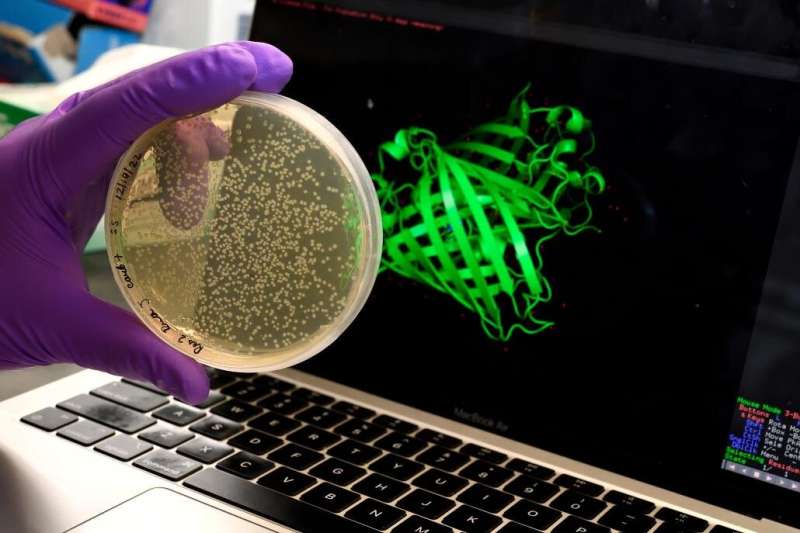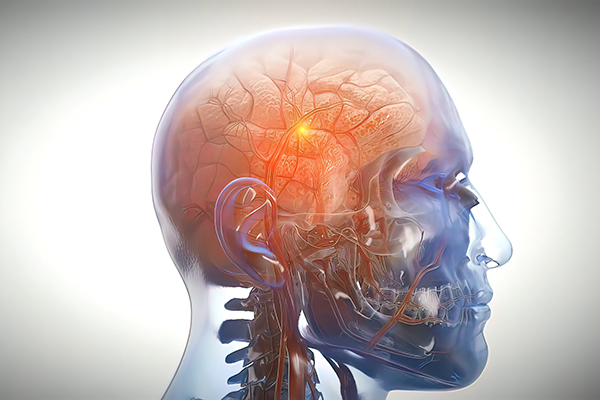Researchers have discovered a surprising anomaly in the behavior of how proteins form, upending long-held assumptions about the way cells produce these crucial molecules and potentially leading to a better understanding of aging and neurodegenerative diseases in humans.
Contradicting conventional wisdom that proteins can reassemble themselves, Johns Hopkins University biochemists found a significant number of the proteins in E. coli could not, even when the team tried to spark the repairs in the lab with helper proteins called “chaperones.”
The finding was stunning, said senior author Stephen Fried, an assistant professor in the Department of Chemistry in the Krieger School of Arts and Sciences who led the research published recently in Proceedings of the National Academy of Sciences.




